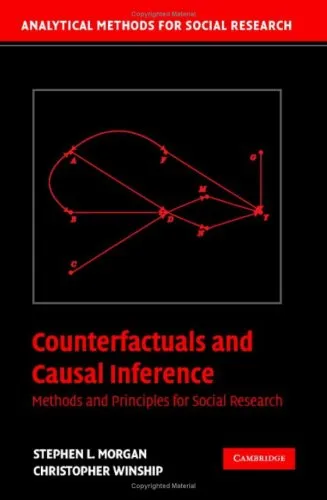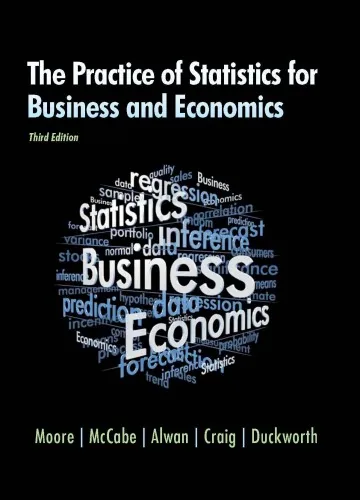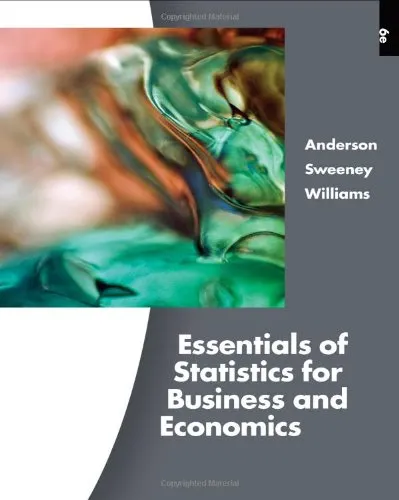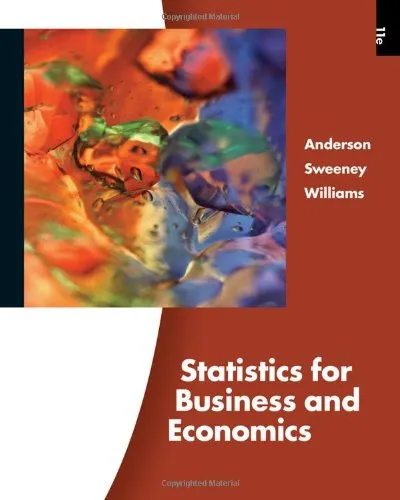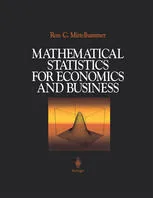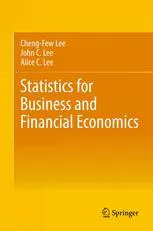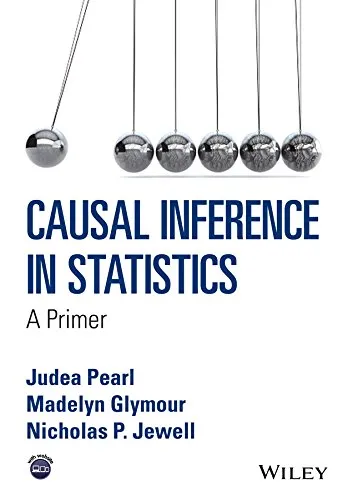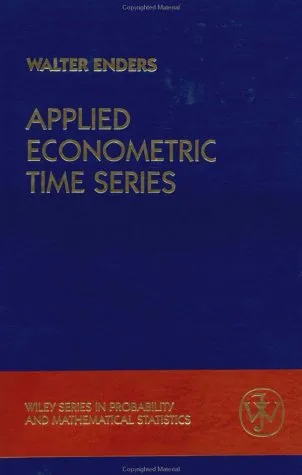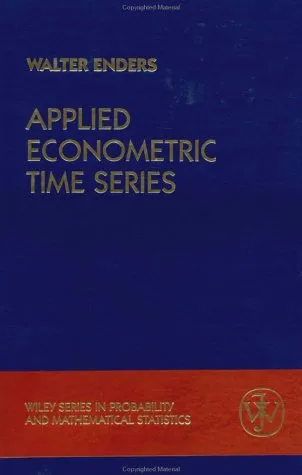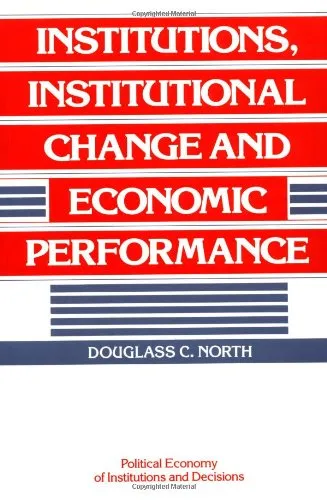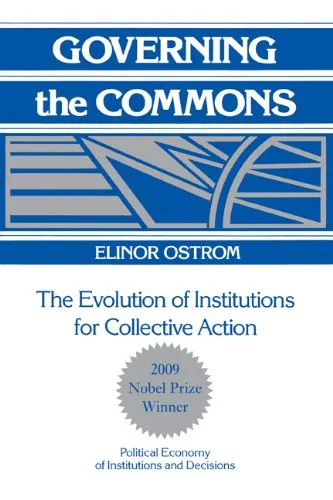Counterfactuals and Causal Inference: Methods and Principles for Social Research (Analytical Methods for Social Research)
4.5
Reviews from our users

You Can Ask your questions from this book's AI after Login
Each download or ask from book AI costs 2 points. To earn more free points, please visit the Points Guide Page and complete some valuable actions.Related Refrences:
Introduction to "Counterfactuals and Causal Inference: Methods and Principles for Social Research"
"Counterfactuals and Causal Inference: Methods and Principles for Social Research" by Stephen L. Morgan and Christopher Winship is an authoritative guide focusing on the theoretical foundations, methodological approaches, and applications of causal inference in social science research. This book combines clear explanations, robust methodologies, and practical research examples to bridge the gap between causal inference theory and its real-world applicability. It is an essential resource for researchers, students, and professionals in sociology, economics, education, public health, and other fields where causal relationships are vital for understanding social phenomena.
Detailed Summary of the Book
The book begins with a foundational discussion of causality and counterfactual reasoning, emphasizing why understanding "what could have happened" is critical for making causal inferences. It delves into core topics, including the potential outcomes framework, mediation analysis, and various models for understanding causation in complex systems.
Moving beyond theory, Morgan and Winship provide an in-depth exploration of statistical methods used for causal inference, such as propensity score matching, instrumental variables, and regression discontinuity designs. The book is structured in a way that gradually builds the reader's understanding—from basic causation concepts to advanced techniques applicable in empirical research. It reflects the interplay of qualitative reasoning, statistical modeling, and robust research design, which are crucial for deriving valid and reliable causal conclusions.
With its emphasis on counterfactual thinking and its integration of advanced quantitative methodologies, the book addresses both experimental and observational research contexts. By providing examples drawn from real-world scenarios, it highlights how causal inference can inform policy decisions, evaluate program effectiveness, and uncover the mechanisms behind social behaviors.
Key Takeaways
- Causal inference requires careful thought about counterfactual scenarios, which help contextualize what would have happened in the absence of specific interventions or treatments.
- The potential outcomes framework is a foundational concept for both experimental and observational studies aiming to infer causation.
- Statistical methods such as matching, instrumental variables, and regression discontinuity are powerful tools to estimate causal effects, provided their assumptions are understood and met.
- Causal relationships can rarely be definitively proven in social research, but careful research design and robust statistical analyses can strengthen causal claims significantly.
- The interplay between theoretical frameworks and data-driven approaches is central to producing actionable insights in any field relying on causal understanding.
Famous Quotes from the Book
"Causal claims are the endpoint of rigorous inquiry, not its starting point."
"Counterfactuals are not fantasies; they are grounded in reality and designed to help us reason through cause and effect."
"The challenge of causal inference lies not in the sophistication of methods but in the validity of the assumptions underlying those methods."
Why This Book Matters
In an era when data-driven decision-making is increasingly essential, "Counterfactuals and Causal Inference: Methods and Principles for Social Research" stands as a cornerstone text for understanding causality in complex social systems. Unlike standard statistical texts that focus solely on correlation, this book dives into the nuances of causation—helping readers make stronger and more defensible causal claims in their research.
Its importance arises from both its clarity and its relevance across multiple disciplines. Whether evaluating the impact of a social policy, understanding educational inequalities, or determining the drivers of public health outcomes, the methodologies and principles discussed in this book are indispensable.
Furthermore, the authors’ ability to combine mathematical rigor with accessible examples makes the book appealing to readers with diverse backgrounds, from aspiring graduate students to seasoned social scientists. It connects theory and practice in a way that fosters critical thinking and empowers researchers to engage confidently with the increasingly data-rich world around them.
Free Direct Download
You Can Download this book after Login
Accessing books through legal platforms and public libraries not only supports the rights of authors and publishers but also contributes to the sustainability of reading culture. Before downloading, please take a moment to consider these options.
Find this book on other platforms:
WorldCat helps you find books in libraries worldwide.
See ratings, reviews, and discussions on Goodreads.
Find and buy rare or used books on AbeBooks.
1326
بازدید4.5
امتیاز0
نظر98%
رضایتReviews:
4.5
Based on 0 users review
Questions & Answers
Ask questions about this book or help others by answering
No questions yet. Be the first to ask!
